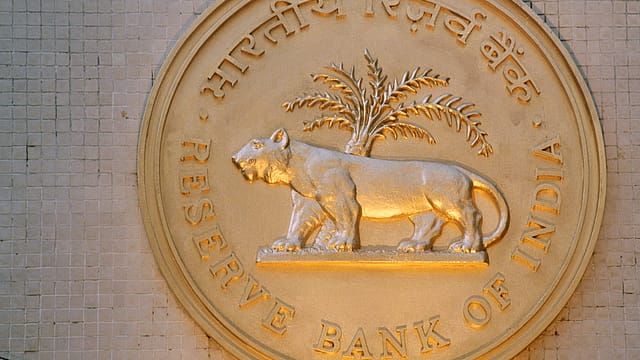When there’s a fire, manage the leakages
ADVERTISEMENT

Everything is on the rise these days, be it oil prices, the repo rate, violence or inflation. As Indians, we hope that whatever goes up will come down someday and that perennial hope drives our nation. However, at times things go beyond control and then it needs policy-level intervention to bring order and discipline in the economy. Have we reached a stage like that? This is the question. The repo rate was just increased to 6.25% after more than four years s and indicates a reversal in the interest cycle. This will have an impact on GDP though the central bank has maintained the same growth rate for April despite increased geo-political risk, financial market volatility, and trade protectionism.
However, the central bank estimates both rural and urban consumption to remain healthy in the near future. The RBI has also raised the inflation forecast for this fiscal which is a natural consequence of increased interest rates. If the cost of capital for business goes higher due to increased interest rates, then the economy needs to absorb it through operational cycles leading to increased inflation rate. The current RBI governor is keeping a hawkish eye on inflation and has planned for targeted inflation rate like his predecessor. The output gap is almost nil for the fiscal and flow of investments not alarming low which indicates the market to remain healthy in future. The market is not free from such inherent volatilities and a close watch should be kept on price movements if there is a change in the mood of the monsoon.
To tame inflation and to sustain rapid economic growth, crude oil plays a crucial role. India is positioned as the fourth-largest consumer of crude oil by importing almost 100 million tonnes of crude every year which forms 37% of our total imports. Crude is a price determinant among other commodities since the rise and fall of crude prices will directly have an impact on prices of other commodities and the economy as a whole. A reduction of one dollar in crude saves the country Rs 40 billion. The recent fall in crude prices has resulted in funding the current account deficit and stabilising the exchange rate. The increased price of imported oil forces the industry to focus more on exports as opposed to satisfying domestic consumption, leading to increased inflation levels. It is important to develop a new exploration policy so that we can invite resource-rich foreign oil companies to explore on domestic soil and increase domestic output. The government should look at the subsidies levels, particularly in fertilisers, and a reduction on prevailing subsidies can compensate for increased crude prices. Strengthening of market-linked relative prices, enhanced supply of petroleum production through domestic exploration, and improved efficiency in energy usage along with promotion of alternative energy resources should help in reducing our dependency on volatile crude prices.
The main task of any central bank is to make people believe that inflation will be low. For this, the central bank has to be credible as people believe that to keep inflation low, the central bank will combat inflation like the current increase in repo rates by 25 basis points. As interest rates rise, consumption and investment will be slow, since both consumer and business borrowing becomes expensive; industrial output may grow at a slower rate; unemployment will be on the rise and/or fewer jobs will be created. One of the cruel solutions is to cut back on money growth, starving the inflationary engine of the fuel it needs to run. Like the previous regime, it’s important to go for inflation targeting. The bank should announce a specific inflation target and then raise and lower interest rates as necessary to keep inflation near the target level. It will save the economy from an inflationary spiral. So long as a policy of inflation-targeting remains credible, inflation will be at check. This is what we do when there is a fire. If you can’t manage the fire, you should manage the leakages. This will work as long there isn’t another shock for India or another sharp increase in crude oil prices.
( Views expressed are personal. )
(The author is Professor and Dean at Jindal Global Business School at O P Jindal Global University)